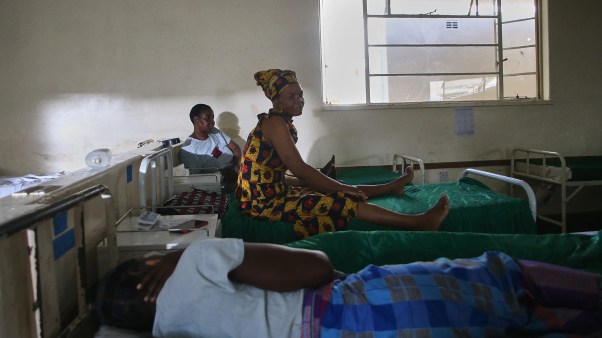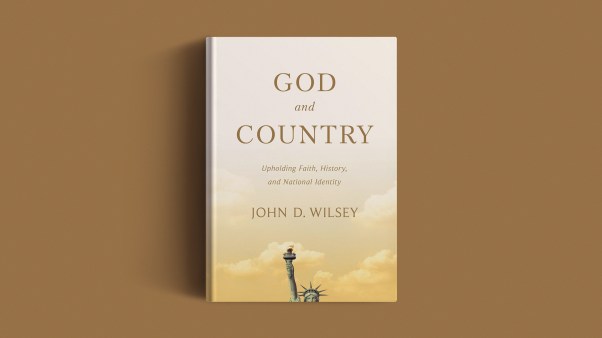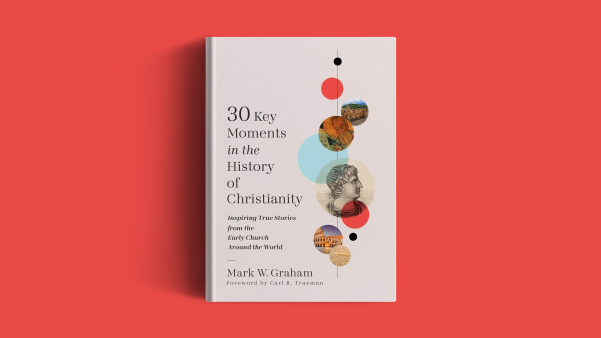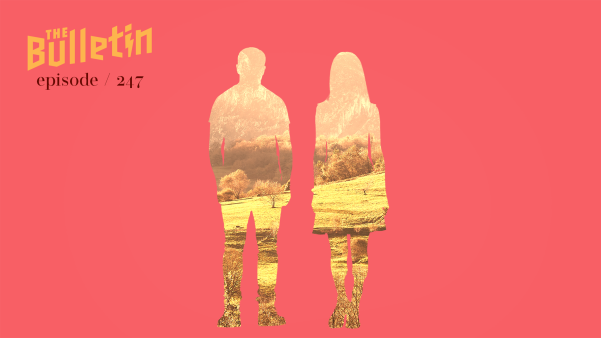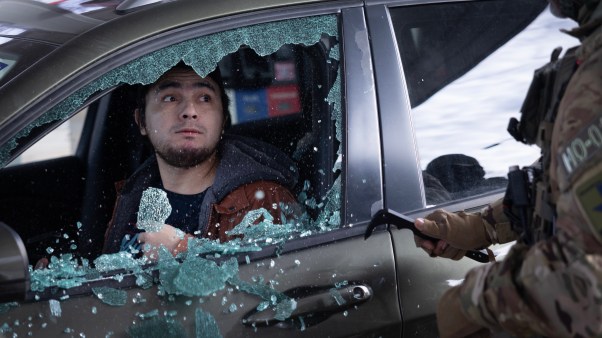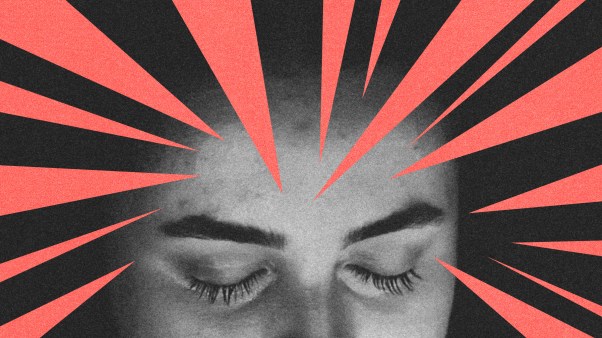I was born in Alabama in 1948, during the time of Jim Crow. My grandfather had been a slave there, and my father a sharecropper.
I grew up during the time of the Great Migration, when millions of Blacks left the American South to settle in the Northern, Midwestern, and Western states. My dad’s cousin found freedom from sharecropping in the steel mills of Youngstown, Ohio.
My father followed soon thereafter, saving enough money to eventually bring our entire seven-member family as well. I don’t remember much about that 1951 journey, but my parents told me about the lean and hard times we faced while living in a one-room apartment.
I don’t know when it began, but my father fell prey to alcoholism. I remember coming home from school and finding him passed out on the front porch of the four-room apartment we eventually inhabited. My mother drank during parties, but her real problem was rage.
When I was a kindergartner, I carried a prized drawing home to show my mom, and as I rushed in the door, I saw her kissing a man who wasn’t my father. In shock and confusion, I ran to my room. When my father arrived, I told him what I saw, and he went verbally ballistic on my mom. Dad left the house and abandoned me to my mother’s previously unseen rage.
As she beat me bloody with an extension cord, she yelled, “Don’t you ever tell on me again!” Afterward, she threw me into a closet, and as I cried, she warned me, “Shut up. If you don’t, I’ll beat you again.”
Fighting to survive
So began many beatings throughout my adolescence. My older brothers bullied me too. I realized my survival depended on my ability to fight.
Oddly, through it all, I loved my mom and knew she loved me. She was a hard-working woman who tried mightily to care for us. I never found out why she carried such anger, and I dealt with it the best I could until, one day, I’d had enough. She sought to strike me for some reason, and I grasped her arm and said, “Enough. You’re not going to hurt me anymore.” From that day we had a mutual respect.
Still, the abuse left its mark. I took my anger out on others, and I gained street cred for my fighting abilities. I started a street gang at age 13, and most of the members got sent to reform school at various times. I figured I was on my way there too.
At 17, with no future in sight, I joined the Army. I longed for someplace to be somebody, and I was eager for a life of peace and order. Boot camp taught me valuable lessons about respect, teamwork, and discipline. I loved it and despised it in equal measure.
A soldier could not deploy to Vietnam before age 18. My original unit was sent mere months before my 18th birthday, and when I reached legal age, I had to join a new unit. I was scared, lonely, and sick with feelings of abandonment. I wondered how I would survive.
Within a week, a guy introduced me to marijuana. That started my long journey with drugs. Because war has a way of maturing a soldier, I went from being a boy to a man in short order. Marijuana eased my worries about making it home, so I smoked every day.
My anger kindled, though, when I saw my Black brothers being abused by the authorities. I heard about the civil rights movement, and I read about the Black man’s history in America. I thought, Here I am, 10,000 miles away, fighting for people of a different ethnic group and taking this racism from my own countrymen. I turned my rage against white commanding officers and even had thoughts of killing one.
After serving about a year in Vietnam, I returned home, and I brought my anger at white people with me. Enflamed with a militant spirit, I vowed to recruit an army and start a revolution.
But a man introduced me to morphine, an easy addition to my marijuana habit, and soon it enslaved me. I had to have it, to the point of choosing to steal it. A group of us got arrested for armed robbery, and I was sentenced to 10–25 years at the Ohio State Reformatory, a prison with 3,000 other men who acted like they were the baddest thing on planet earth. I wondered anew, “How will I survive this?”
I kept to myself as much as possible and asked a seasoned inmate what it would take to get out in one piece. I was determined never to use drugs again, so I joined every available recovery group, hoping to strengthen my resolve. I solidified my reputation for fighting while in prison, but when I started going too far, something always held me back. With mostly good behavior, I was released to go to college on a furlough program.
‘Come as you are’
I started college excited to move forward with my life and set a good example. However, drugs soon found me again through a friend I made in prison. Naively, I thought I could use one more time and then quit. But the habit came back with a vengeance.
Then I met Katika, the woman who would change my life. I hid my addiction as I courted her, and we married. The drugs made me do things I never thought I was capable of, and they ate at my self-esteem. It took about two years of lying, stealing from our bank account, and hiding my paraphernalia before she discovered the truth.
Katika encouraged me to go into rehab and get myself well. I promised I would but never did. She said, “I love you too much to watch you destroy yourself,” and she announced she was leaving me. I didn’t believe her until I came home, after getting fired from a job, and saw her packing.
Our separation devastated me. I remember asking God, “Do you really exist? Make yourself real to me.”
For a time, I continued my heavy use of drugs, and I occasionally stopped to see my wife, but she usually rebuffed me. After six months, I noticed something different about her—peace. She was patient with me and showed genuine concern. After lying about being okay, I asked her what was different about her. She said, “I got saved.” I had no idea what she meant. I only knew I liked seeing her again, and a kinder version at that.
She invited me to church, and I went sporadically. I remember how friendly everyone was, and after about six months, I heard about a man who loved me just as I was.
In June of 1977, as I sat and listened to the preacher say, “Come as you are,” I stopped questioning whether I could ask Jesus to save me. I knew he would. I ran so fast from my seat I knocked some hats off nice ladies in the pews. I will never forget that moment I was set free! Upon my profession of faith in Jesus Christ, God delivered me from my drug addiction on the spot.
After my reconciliation to God, he began the process of reconciliation in my other relationships, starting with my wife. I asked her if we could live together again, and she reluctantly agreed. This year, we will celebrate 48 years of marriage.
During that time, I’ve had the privilege of serving God as a pastor and an evangelist. From childhood abuse and gangs, to Vietnam and drugs, to armed robbery and prison—through it all, he loved and protected me. Isn’t he a wonderful Father?
Marshall Brandon is an elder and visiting pastor at Citizens Akron Church in Akron, Ohio. Lisa Loraine Baker is the author of Someplace to Be Somebody: God’s Story in the Life of Marshall Brandon.



